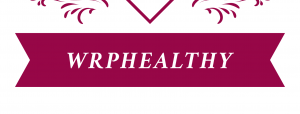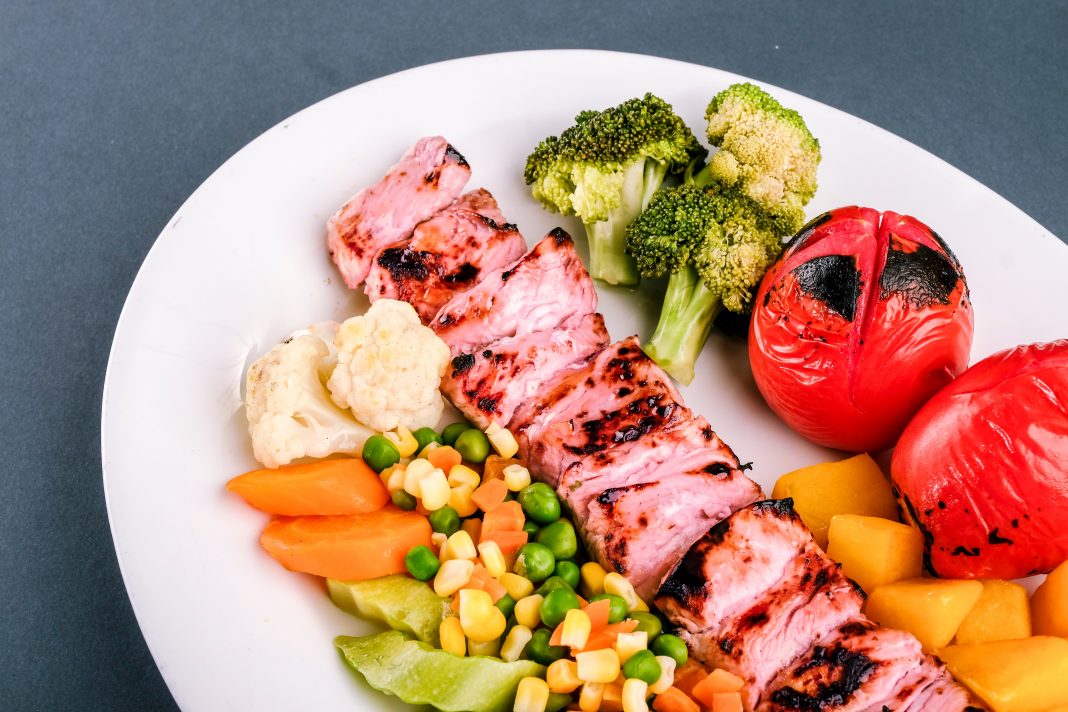The food we eat is the fuel that powers our bodies. Eating a healthy diet is important for maintaining good health and reducing the risk of chronic diseases. However, with so much information about diet and nutrition available, it can be overwhelming to know where to start.
Eating clean is one approach to healthy eating that emphasizes whole, minimally processed foods. It’s a simple yet effective way to improve your health and well-being. In this article, we’ll explore the basics of eating clean and provide tips for getting started.
What is Eating Clean?
Eating clean means consuming whole foods that are minimally processed or refined. This includes fruits, vegetables, whole grains, lean proteins, and healthy fats. These foods are nutrient-dense and provide a wide range of vitamins, minerals, and antioxidants that are essential for good health.
On the other hand, processed foods are often high in sugar, salt, and unhealthy fats. They lack the nutrients found in whole foods and can contribute to inflammation, weight gain, and chronic disease.
Benefits of Eating Clean
The benefits of eating clean are numerous. Here are some of the critical advantages of this approach to healthy eating:
1. Better overall health: Eating clean can improve your overall health by providing your body with the nutrients it needs to function correctly.
2. Reduced risk of chronic diseases: A diet rich in whole, minimally processed foods has been shown to reduce the risk of chronic diseases such as heart disease, diabetes, and cancer.
3. Increased energy: Whole foods provide sustained energy throughout the day, unlike the quick bursts of energy supplied by processed foods.
4. Improved digestion: Eating clean can improve digestion and reduce bloating and other digestive issues.
Getting Started with Eating Clean
Here are some tips for getting started with eating clean:
1. Focus on whole, minimally processed foods: Eat plenty of fruits, vegetables, whole grains, lean proteins, and healthy fats.
2. Avoid processed foods: Try to limit your intake of processed foods such as sugary snacks, fast food, and packaged meals.
3. Read food labels: When purchasing packaged foods, read the ingredient list and avoid products with added sugars, unhealthy fats, and preservatives.
4. Cook at home: Cooking at home allows you to control the ingredients in your meals and make healthier choices.
5. Stay hydrated: Drink plenty of water throughout the day to stay hydrated and promote good digestion.
In conclusion, eating clean is a simple yet effective approach to healthy eating. Focusing on whole, minimally processed foods can improve your overall health and reduce the risk of chronic diseases. By incorporating the tips outlined in this article, you can get started on the path to a healthier lifestyle.


















